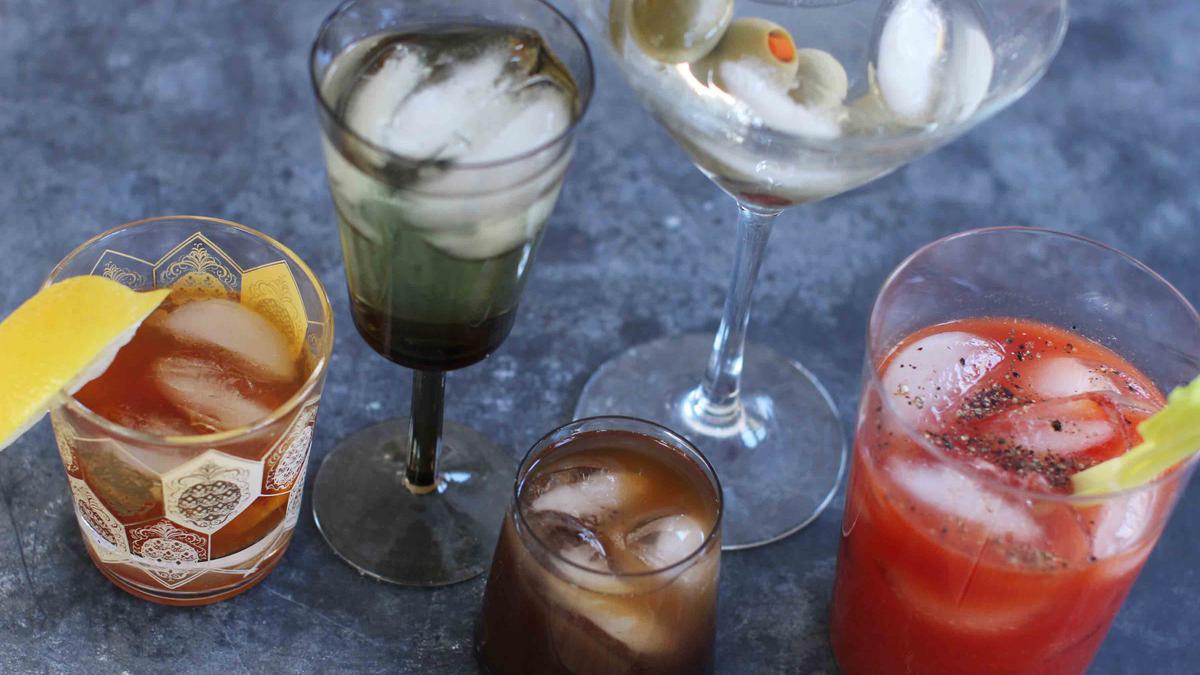
A Matter of Taste | Finding inspiration in prohibition
The Hindu
US imposed alcohol ban in 1920; led to rise of organised crime, illicit stills & speakeasy bars. Prohibition had unintended consequences: mob bosses made 1.3B & paid 6M in bribes. Banned alcohol led to creation of classic cocktails. Today, alcohol distribution is state-controlled in many countries. India celebrates 2nd Oct as World No Alcohol Day. Classic cocktails easy to make at home: mix lemon juice, sugar syrup, ice & 45ml alcohol pour. Take breaks with water to avoid hangover.
The date was 17th January, 1920 and the US of A decided to go war against a very different kind of enemy – alcohol. For the next 13 years, this ban remained. I’d like to cheekily suggest that this imposition on mankind’s favourite past-time led to the financial crisis of the century but let me not fall prey to a classic ad hoc ergo propter hoc fallacy. But one thing is for sure, had I been alive then, the term “The Great Depression” would have referred to the absence of money in the bank…and alcohol in the shops!
That said, one wouldn’t be wrong in connecting the rise of organised crime in the form of mobs who quickly pivoted from extortion and theft to simply making alcohol available to the common man. So vast were the profits from running illicit stills and speakeasy bars that mob bosses made over (in today’s equivalent) 1.3 billions dollars and paid bribes to the tune of 6 million dollars annually.
So much for temperance, it kept the businesses flowing but the money ended up in the hands of henchmen than the government. It did have one upside; it gave us many cocktails that we drink, unchanged, to this day – The Last Word, Sidecar, Hanky Panky, Old Fashioned, Gin Rickey, Bee’s Knees, French 75, and even the Mojito.
Not only in the US, anywhere that a government has tried to ban alcohol, the repercussions have always been quite, well, significant and led to increased smuggling and other nefarious practices (like proliferation of moonshine or hooch) which were in fact more harmful to public health in the long run. In Finland, the ban lasted a while but eventually was lifted and today, the distribution is strictly state-controlled which is a mid-way to ensure civility around the alcohol-health debate. Similar systems exist in other Scandinavian countries as also in other parts of the world.
Sure there are Muslim countries where it’s completely banned by law (and religion) but even then, some Islamic countries find ingenious ways to keep people on both sides of the debate happy.
Well, the reason I have been harping on about the Prohibition era today – and so early into this series eulogising the ‘devil’s water’ – is because we have had our own tryst with temperance. So much so that, the Father of the Nation’s birthday, 2nd October, is now celebrated as World No Alcohol Day.
That’s quite a significant impact to have.





















 Run 3 Space | Play Space Running Game
Run 3 Space | Play Space Running Game Traffic Jam 3D | Online Racing Game
Traffic Jam 3D | Online Racing Game Duck Hunt | Play Old Classic Game
Duck Hunt | Play Old Classic Game











